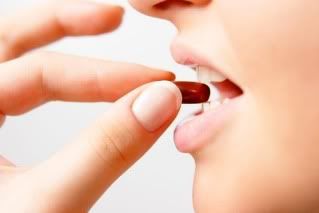It’s Monday and you still have a weekend hangover. You go to work, turn on your computer, sit on your chair, and just stare at the monitor. You decide to go to the pantry and grab an energy drink, thinking it will help you start the day right.
This is a common scenario in the workplace. But can energy drinks really boost your energy?
 |
| Robert Pastore PhD Image Credit: screamingenergy.com |
According to the Mayo Clinic, most energy drinks contain large amounts of caffeine, which can give you a temporary energy boost. Some contain sugar and other substances, and the energy boost is short-lived and can be accompanied by other health problems.
Energy drinks that have sugar may contribute to weight gain, and consuming too much caffeine can lead to you experiencing irritability, insomnia, nervousness, rapid heartbeat, and increased blood pressure.
 |
| Robert Pastore PhD Image Credit: blogspot.com |
The advisable dose of energy drink for adults is about 16 ounces every day. The American Academy of Pediatrics also notes that adolescents should get no more than 100 milligrams of caffeine a day. It is best for younger children to stay away from energy drinks as their caffeine content can result to health problems.
 |
| Robert Pastore PhD Image Credit: wikimedia.org |
If you’re constantly feeling tired, look for a healthier way to boost your energy. Nutritional experts, such as Robert Pastore, Ph.D, recommend getting enough quality sleep and exercise, and eating a healthy diet.
Next time you decide to grab a bottle of energy drink from the fridge, think about your health. To be sure, do a little stretching or eat fruits for snack instead.
Want more tips on how to be healthy? Visit this Facebook page.
















